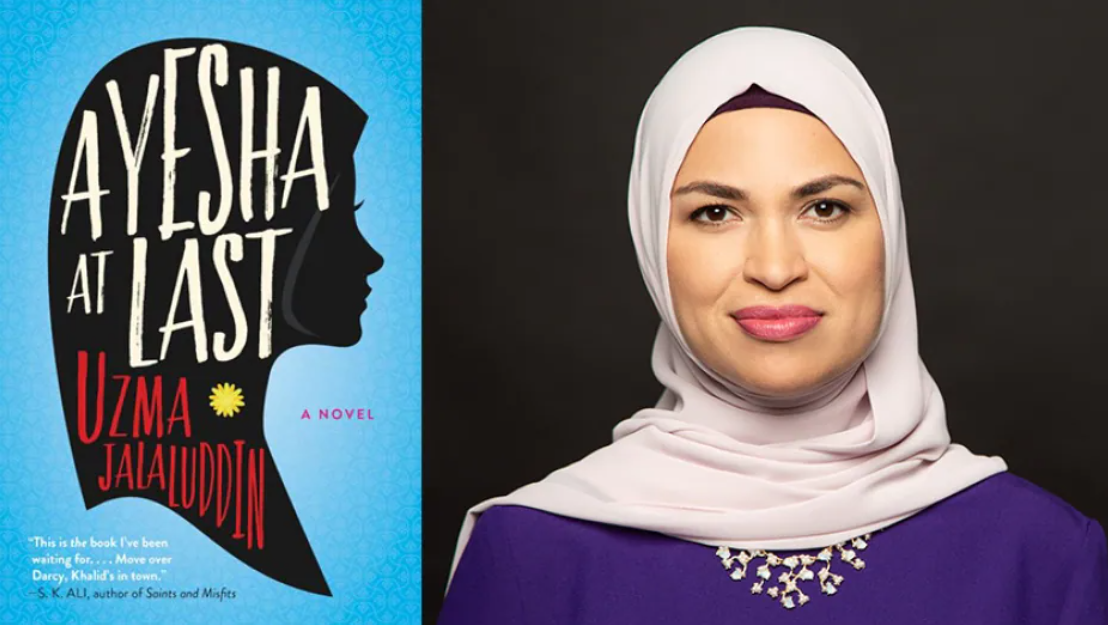Five books to read this International Women’s Day
Exploring the diversity and resilience of Canadian women through literature.
March 8, 2023, marks the day that we celebrate, commemorate, and highlight the successes and struggles of women throughout history. Although International Women’s Day emphasizes the importance of solidary between women, it is equally important to recognize the diversity of female experiences. I think one of the best ways to do so is by engaging with a variety of female-written literature. If you’re looking for something new to read, consider one of these five incredible books:
Anne of Green Gables – L.M. Montgomery (1908)
I can safely say that most Canadians have heard of Anne of Green Gables. Whether you were a fan of the hit CBC series Anne with an E (2017) or have an ingrained image of a red pigtailed girl, Anne is undoubtedly a Canadian icon. The novel centers on the five-year journey of Anne’s growth from an isolated, lonely orphan to a capable and dearly beloved young woman. Montgomery’s novel can be classified as proto-feminist, as it challenges female norms when it comes to age, love, and expression. Anne of Green Gables is a definite must-read for any lovers of classic literature.
Alias Grace – Margaret Atwood (1996)
Alias Grace is Atwood’s fictional retelling of the historical murder of Thomas Kinnear and housekeeper/paramour Nancy Montgomery. Throughout the novel, the perpetrator is a young woman named Grace—who seemingly has no recollection of committing such a crime. Atwood manages to weave a suspenseful mystery alongside social critiques of gender roles, social class, and the treatment of female mental health. Her novel is both a source of great entertainment and one that allows readers to reflect on social issues.
Dancing on our Turtles Back: Stories of Nishnaabeg Re-Creation, Resurgence, and a New Emergence – Leanne Simpson (2011)
As a Michi Saagiig Nishnaabeg author, Simpson engages with ideas of how reconciliation, resurgence, and flourishment can be obtained for Indigenous Peoples while existing within a settler-colonial society. Through tracing Anishnaabemowin language, ontology, and stories, Simpson suggests ways to preserve traditional Indigenous practices and obtain sovereignty, decolonization, and resurgence. Although we all acknowledge that the University of Toronto Mississauga stands upon traditional Indigenous land, I challenge you to go beyond, and engage with female-written Indigenous philosophy. Simpson’s ideas are not only liberatory for Indigenous readers, but I believe anyone who engages with her work can appreciate this different perspective on our reality.
Ayesha at Last – Uzma Jalaluddin (2018)
If you’re a fan of Jane Austen’s Pride and Prejudice, Jalaluddin’s Ayesha at Last is a must read. Jalaluddin’s wit shines as she manages to capture the spirit of Austen while simultaneously providing a fresh spin on an age-old classic. Ayesha at Last follows the story of a young Muslim couple falling in love. Framed through a diasporic lens, the story demonstrates the unique struggle, and often immense pressure, that many first and second-generation Canadians face. If you’re looking for a novel that weaves difficult questions surrounding faith, familial obligation, and sacrifice—all within a heartfelt love story—Ayesha at Last is the novel for you.
Shut Up You’re Pretty – Téa Mutonji (2019)
Mutonji’s Shut up You’re Pretty was truly a life-changing read for me. Having said that, be warned, this book engages with difficult subject matter. What makes the novel authentic is Mutonji’s refusal to shy away from portraying trauma in its raw and disturbing form. The novel is a series of fragmented short stories, which chronicle Loli, the novel’s protagonist, on her journey into womanhood. Mutonji masterfully explores how gender, race, trauma, and poverty intersect in crafting Loli’s experience as a young Congolese Canadian woman. Is it a difficult read? For sure. Is it a necessary one? I would say yes.

